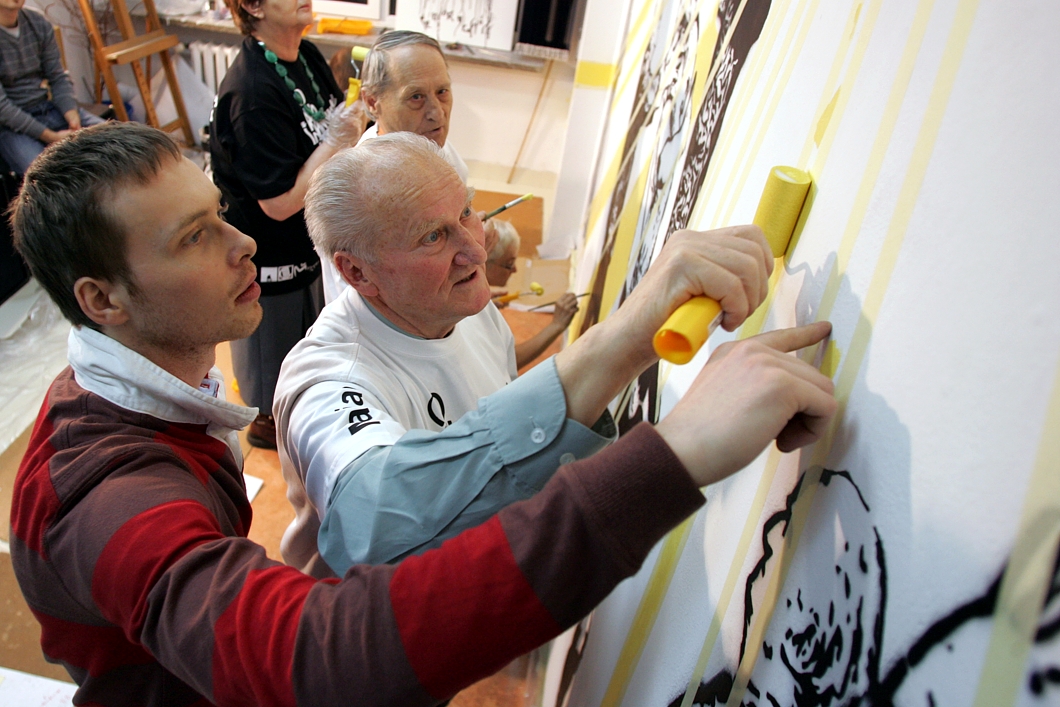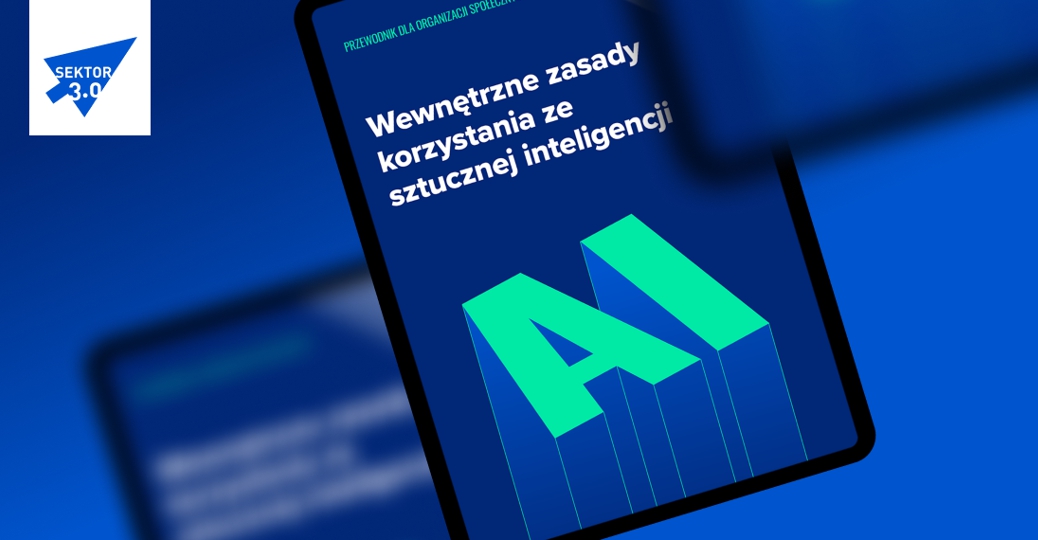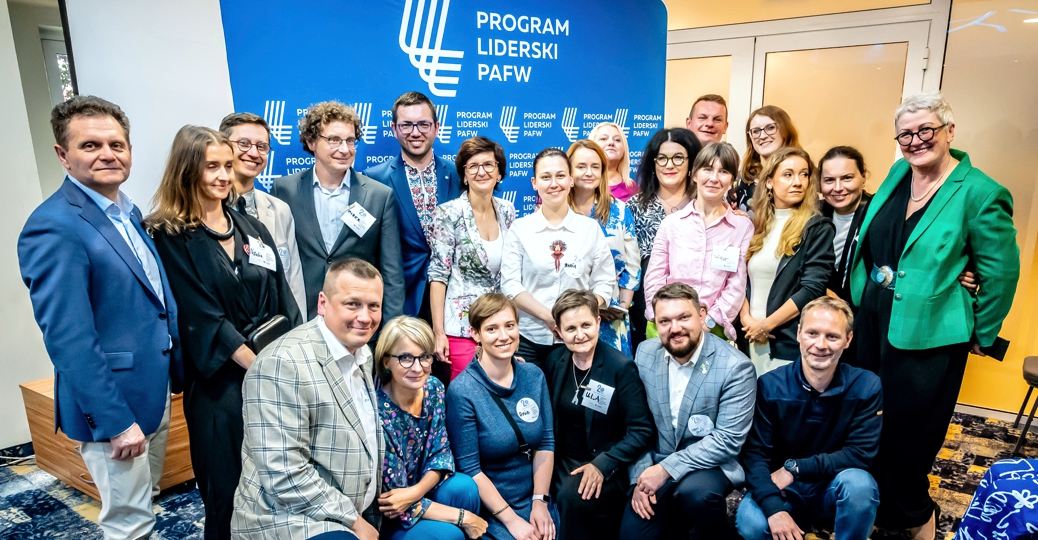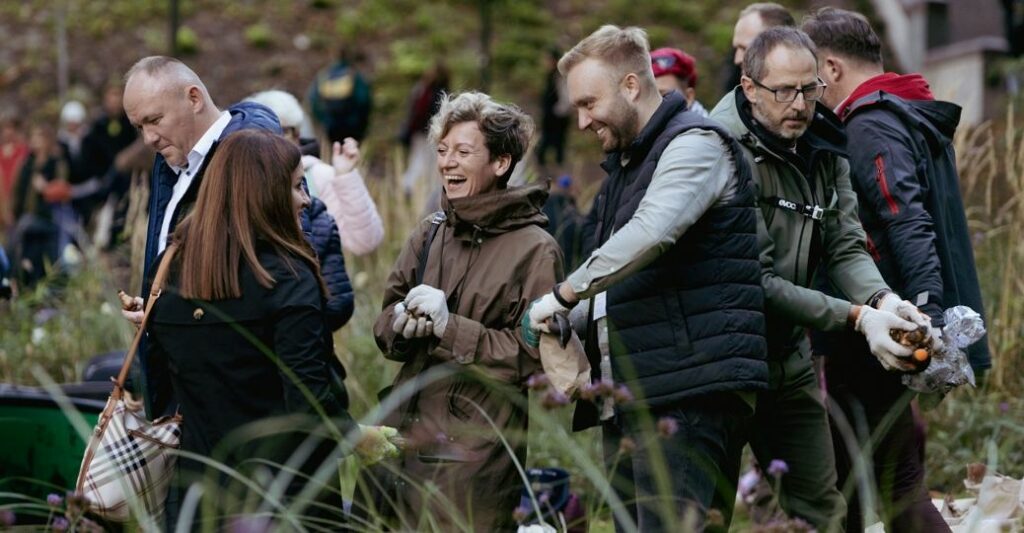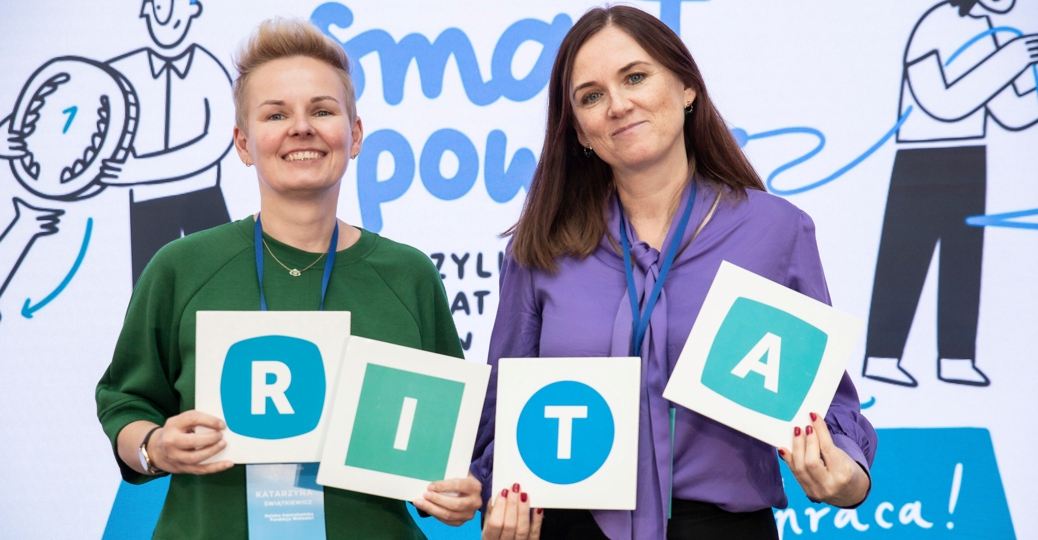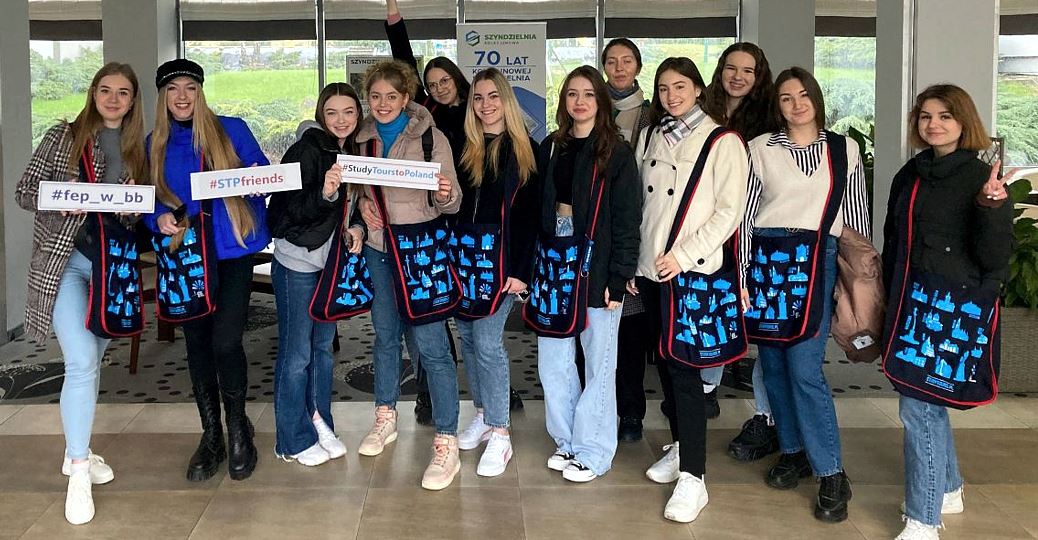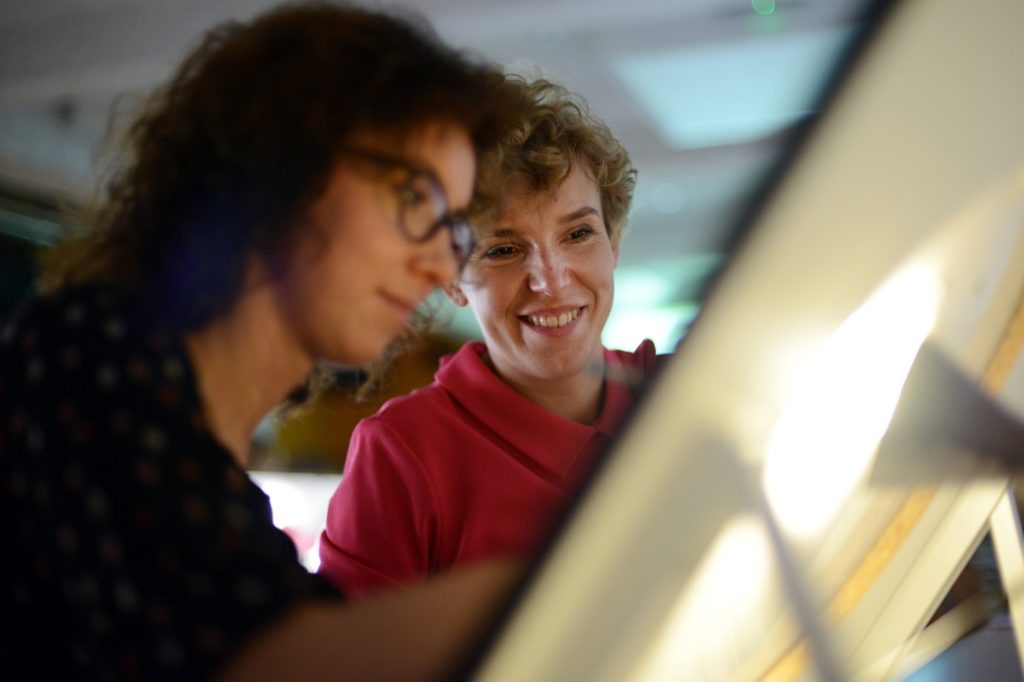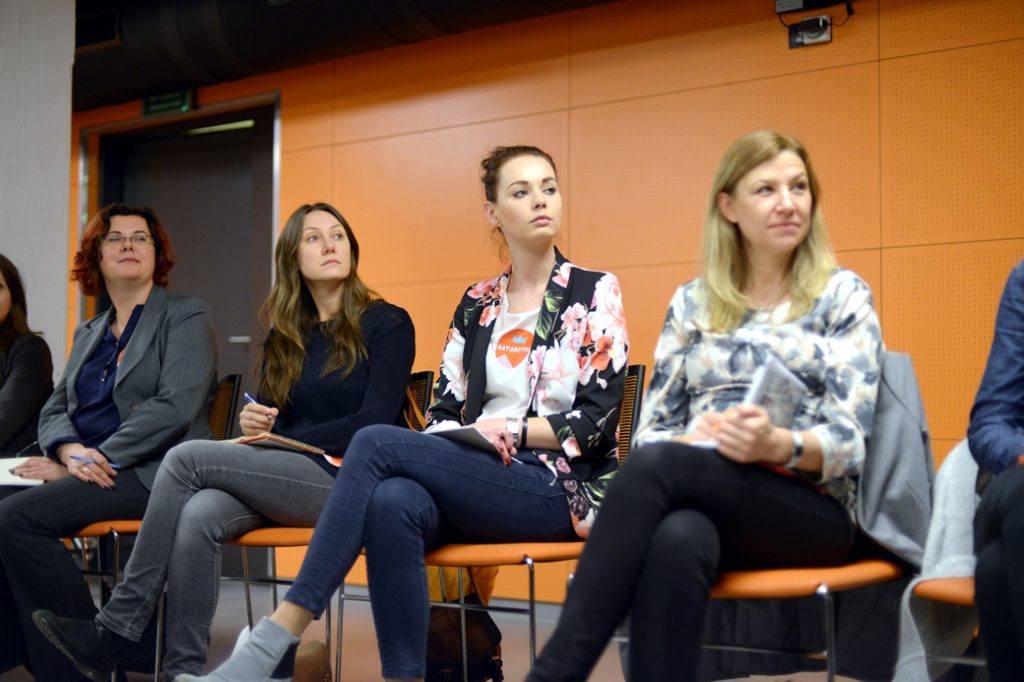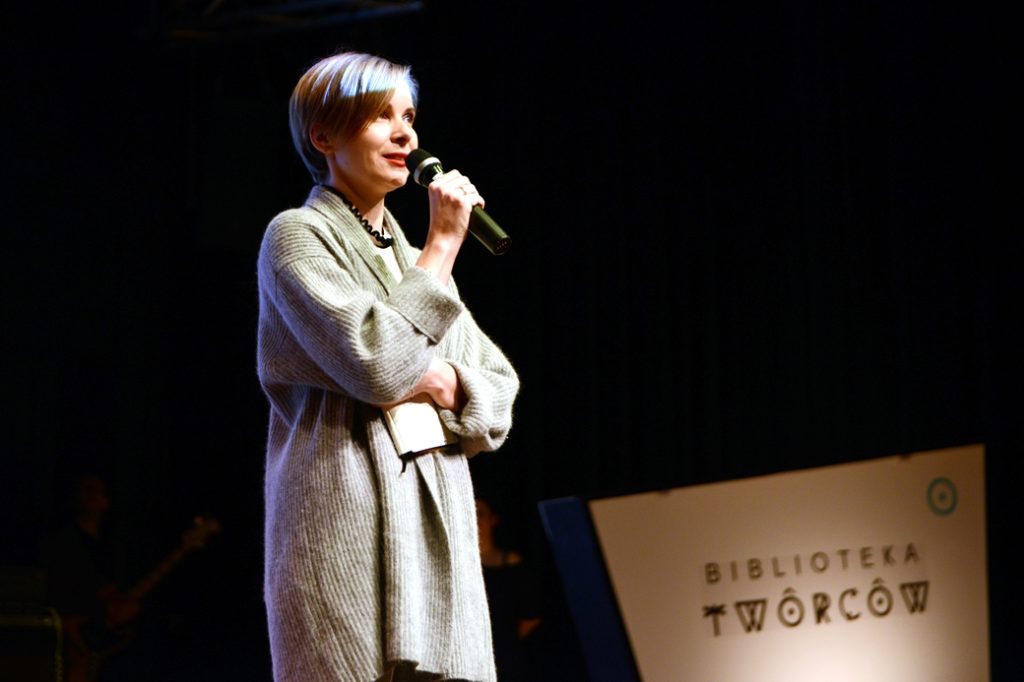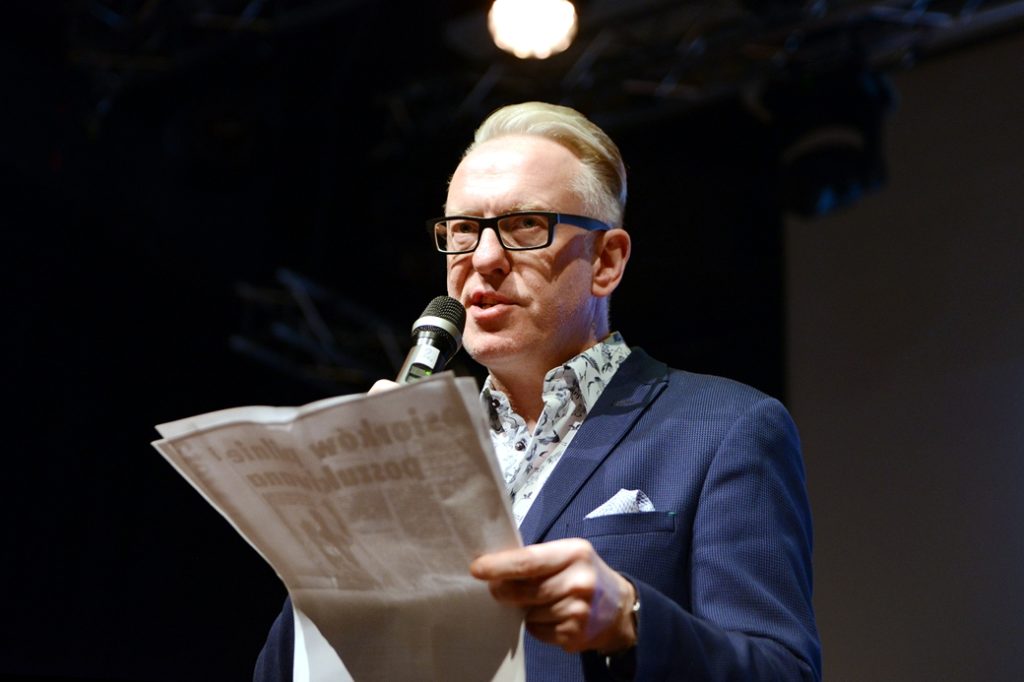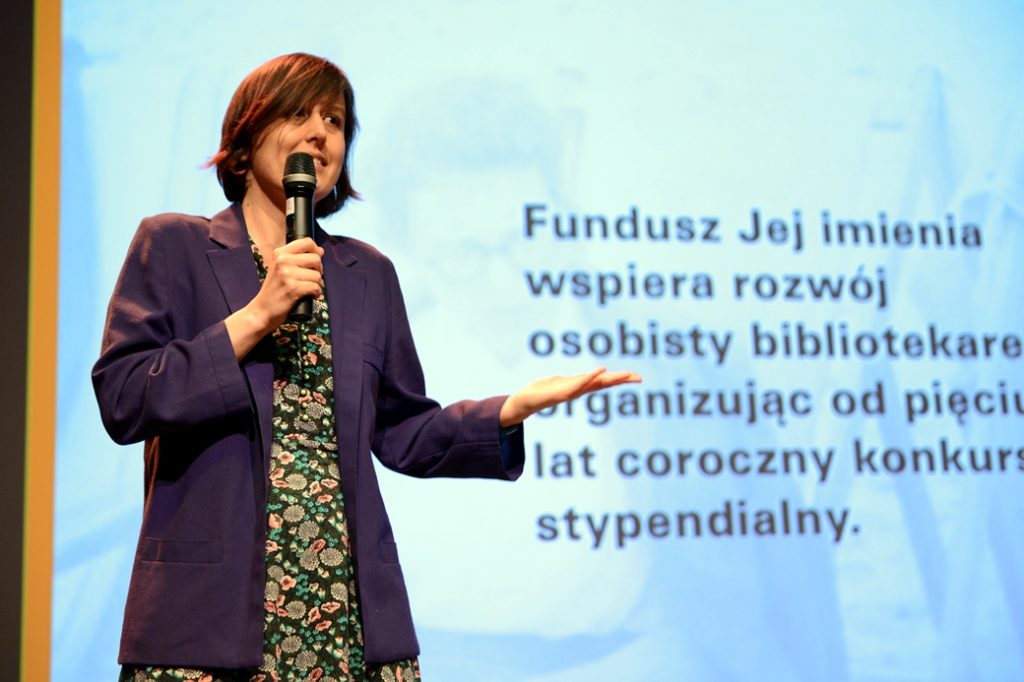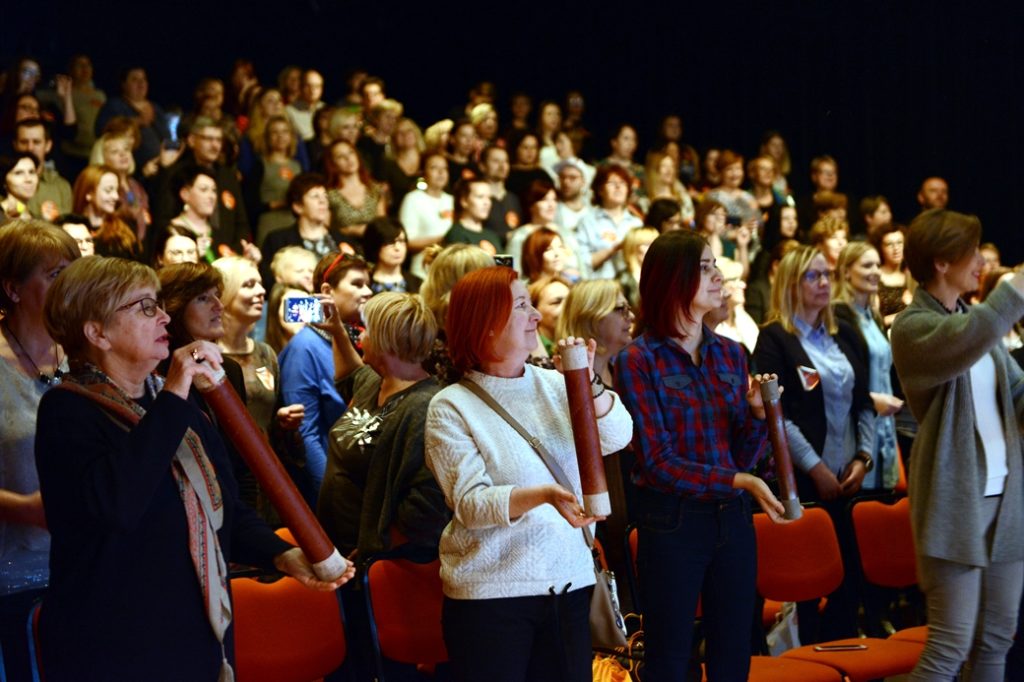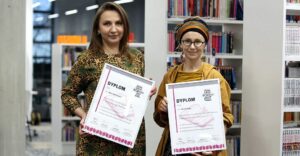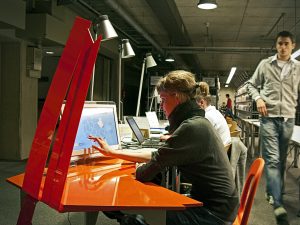The 8th Public Libraries’ Convention organized by the Information Society Development Foundation as part of the Library Development Program was held in Art Factory in Łódź on November 23-24.
The slogan of this-year’s Convention referred to library as creative people’s place – first of all librarians themselves, as they create the offer of the library, but also people who enhance libraries, sharing there their passions and talents – that is authors, travelers, photographers or masters of artistic handcrafts.
Over 200 representatives of public libraries from all over Poland met at the Convention. There were also 30 speakers – experts in literature and cultural animators, as well as librarians who shared their good practices with other Convention participants. The plenary session was opened by President of ISDF Jacek Królikowski with a welcome address.
Following the opening ceremony, the representatives of literature, people who contribute significantly to popularization of readership, took the floor. Anna Dziewit-Meller, an author and journalist who created the bukbuk.pl internet platform, spoke about the reasons why reading is important. She noted that an important aspect is to appreciate the diversity of literature types, and that people reading less ambitious books should not be stigmatized. Next Mariusz Szczygieł, a Gazeta Wyborcza daily and Polsat TV journalist, an author, a winner of European Book Award, spoke about changes that have been taking place in libraries in recent years. Quoting fragments of his reportage about libraries written at the end of 1990s, he emphasized the importance of libraries nowadays, when they are not only places to read but also space open to people, to pursue creative activities.
The Convention was also an opportunity to present scholarships to the winners of the 6th round of the Olga Rok Competition for active women-librarians. Olga Rok Scholarships, financed from an endowment fund established at the initiative of Anna Rok, Olga’s granddaughter, in 2012, support personal development of those women-librarians who know how to mobilize themselves and other people to look for new solutions, and boldly change their local communities even if it is not an easy task. The supporting partner in the Competition is the Polish-American Freedom Foundation. The scholarships were presented by the representatives of the Competition Committee – President of ISDF Jacek Królikowski and PAFF Program Director Joanna Lempart-Winnicka. The winners of the this-year’s round were: in the large library category – Katarzyna Heród of “The Book Gallery” Commune Public Library in Oświęcim, for lifetime achievements and in particular for the Time Box – women intergenerational project; and in the small library category – Karina Jaroszewicz of the Commune Public Library in Orla for establishing a Local Coding Club 60+ at the library. Honorable mentions in the Competition were awarded to Monika Schmeichel-Zarzeczna of the Branch of Commune Public Library in Lublin and Izabela Putz of the Commune and District Public Library in Nowy Tomyśl.
Then the Convention was held in the form of workshops on the ways of developing a library activity. There were 24 sessions allowing their participants to get inspired with technological innovations, offers of interesting activities in culture and art areas, or space development in a library.
In the lobby, the Convention participants could try a 3D printer, check how new technologies can help the youngest pupils learn or how a library makerspace works.
The participants could also attend vocal and music workshops conducted by Eliza Szulińska, a graduate of the Fryderyk Chopin University of Music in Warsaw, a winner of an award in 2010 Science Popularizer competition held by the Ministry of National Education and Polish Press Agency, who initiates creative processes joining the science and arts environments.
The main objective of the Library Development Program carried out until April 2015 in partnership with the Bill and Melinda Gates Foundation is supporting public libraries in rural and rural-urban areas as well as towns with population of up to 20,000 inhabitants in their transformation into multifunctional centers which provide access to information, culture and education, and at the same time stimulate active citizenship. Thanks to the support received by almost 4,000 of libraries, residents of villages and small towns have a chance to improve quality of their life. An important part of the program is to enhance competence and professional prestige of librarians.









